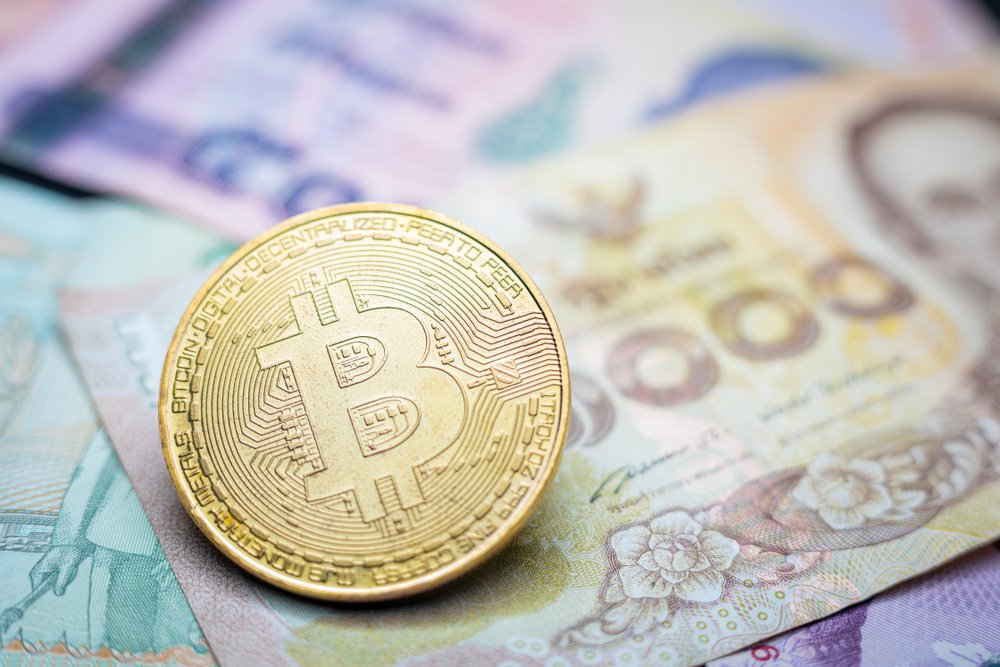Capital gains taxes will always remain a controversial topic. This is especially true in Thailand, by the look of things, as the cryptocurrency community wants the nation’s Finance Ministry to rethink its guidelines in this regard. For most people, this is also an effort to create a more lenient ecosystem for initial coin offerings.
Thailand’s Crypto Capital Gains Tax Concerns
No one likes to deal with taxation guidelines associated with cryptocurrencies. This has been a pressing problem in a lot of countries so far, but it seems things are getting a bit out of hand in Thailand. The cryptocurrency community is urging the country’s Finance Ministry to change its taxation guidelines, though whether or not that request will fall on deaf ears remains to be determined.
More specifically, a lot of people are concerned about the current capital tax to be imposed on ICOs and cryptocurrency trading. These tax guidelines can be a major obstacle for startups and other businesses looking to raise additional capital through cryptocurrency. It is evident that the ICO business model remains pretty popular in Thailand, despite the negative attitude toward this business model that we see in other countries.
Indeed, any country with excessive regulatory plans for cryptocurrency is getting scrutinized right now. Although imposing a capital gains tax helps legitimize Bitcoin and some currencies, it can also cause quite a few headaches for the people active in this industry. If Thailand maintains its current guidelines, it is not impossible that we would see companies leave the country to find more accommodating rules elsewhere.
Beyond the current taxation guidelines, Thai exchanges and other service providers need to obtain a license before they can officially offer their services. This process involves applying for such a license with the country’s SEC, which has proven to be another roadblock for a fair few startups. It is only normal that people want to see things changed, but there are no guarantees that government officials will ever do so.
Under the current rules, anyone making cryptocurrency trades is subject to a 7% value-added tax on top of the 15% withholding tax on capital gains. This constitutes double taxation, which we also saw in Australia until very recently. After a lot of negative feedback, the latter country decided to end the double taxation standard once and for all, which allowed local firms to thrive once again.
It is evident that the situation in Thailand is well worth keeping an eye on. With more and more countries looking to regulate cryptocurrency in one way or another, it is only normal that we will see some major changes along the way. For Thailand, rethinking its tax collection guidelines may be worthwhile, as charging customers and companies twice is not an approach which bolsters growth and innovation.

